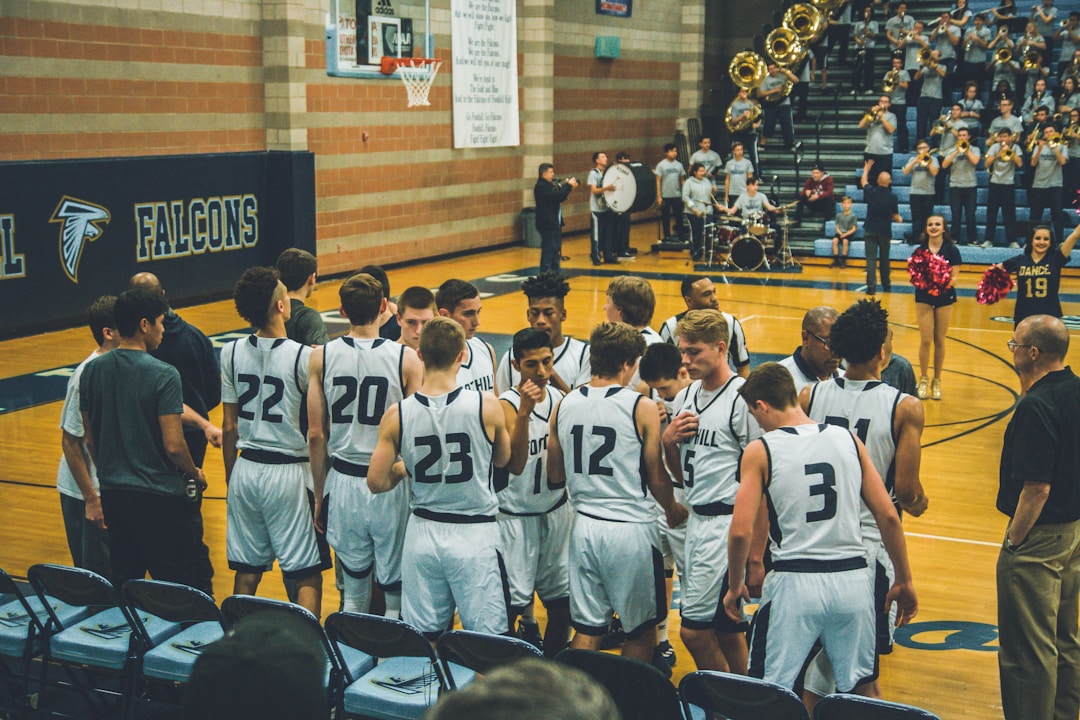A couple of days ago I’ve spoken at the annual Marketing Symposium that Deloitte organizes in Luxembourg. My short intervention was focusing on the concept of Shopping Experience, and on the way it relates to what I define “people centric retail development“, i.e. the concept that store personnel is the driver in the delivery of a real “wow” experience for the shopper.
I really believe there needs to be a focus on this aspect. The retail industry is facing a real challenge at the moment: the luxury segment is forced to become more and more exclusive, to keep its affluent clientele. The more “cheap” segment is constantly evolving, and is now seeing tenacious battles between the various market leaders as well as new entrants. The “in between” segments are the more challenged ones, squeezed in between the chic and the cheap. So far they have been able to compete thanks to a certain degree of specialization. But more and more they will need to relate their own survival to their capacity to deliver enough positive shopping experience to a) keep their customers coming back and b) to get some buzz on the social media.
The issue is that way too many retailers are focusing on just the “usual” strategies: more advertising, more expensive stores, nicer windows, extravagant events, promotions… It just feels so overwhelmingly normal to act in these areas, that you often fail to see the difference. But… Just think about your own experiences. I guess each of you has been shopping… And I believe that you can recall a really great shopping experience. Typically you will recall that you exited a store with something you were not really intending to buy… But I am sure that if stimulated your memory will recall a lot more the person who served you, the environment, the smiles and the feelings than anything else. Sometime this is so powerful that I recall in a workshop a woman started telling her story about such an extraordinary shopping experience she had in the southern part of France, that she was able to describe that experience for almost 15 minutes. At that point both me and the participants were really curious and asked: what did you buy? – I don’t remember, was her candid answer. But she will continue to remember the smile and the words of the shop-owner!
The issue is that a retailer that is suddenly finding a dip into its sales, will never think at its sales force as the first aspect to be addressed. Advertising, marketing, product development, all these areas are normally addressed first. Sometime with very important investments. Of course, you need to have good products in store, you need to have a sound marketing strategy, you need to have an engaging advertising campaign… But I assume that if you’ve done your homework right, all these things should be in in place.
So where to focus? On the people in store! And on their skill levels. On their retention (as much as possible) and on their career. On really making sure that the possess all the tools they need to deliver a successful and “wow” shopping experience to their customers. Yes because in reality, at the end of the day, they are the ones interacting with the customers.
I think that retail is built upon a paradox. The people that are nearest to the customers, are usually paid at minimum wages. They’re not considered as a real talent pool. They are so mobile that very few retention strategies are put in place. Sometime all there is is a tactical element of “let’s avoid they leave and work for the competitor”, which so often is the shop next door.
I believe there are 5 steps each retailer of the “in between” segments should carry:
- Develop a competency model linked to the shopping experience you want to deliver. You should identify about 6-10 behaviors, that can be easily recognized by your sales people. This will guarantee you a first aspect : consistency.
- Deliver development tools to the stores. Let’s face it, it is almost impossible to use traditional classroom training in stores today. And elearning alone is not necessarily the best answer. What you should focus is in creating a blend of traditional learning methods and on the job supporting tools. Checklists, shadowing exercise, speed coaching routines… Anything that can be used in the 10 minutes that a sales rep can dedicate daily to his development. Of course, all this needs to be strictly linked to the competences identified above.
- Reward behaviors more than results. If you have designed your competences correctly, and they are consistent with your business strategy, don’t be afraid: set a reward policy based on it. I’ve seen so many companies striving for teamwork and support as their key behaviors, but never reaching results because they were incentivizing sales reps only through individual commissions. A behavioral model that is not supported by a rewarding mechanism is a certain failure.
- Create development paths in-store. Especially smaller stores have difficulties in retaining talent also because they often don’t offer career opportunities. So, think out of the box: development is not necessarily synonym with vertical career, especially with the younger generation more and more interested in lateral moves, new leanings and more challenges.
- Focus on one touch point with the shopper. Retail is detail, it’s an old saying, full of truth. But at the same time, tying to do everything is also destined to failure. When Gordon Ramsey tries to save a restaurant in his successful tv series, the first thing he often does is reducing the menu from hundreds of servings to something that fits one page. You should do the same: concentrate your effort (and your people efforts)on the one moment of the Shopping Experience you are best at. It can be your fantastic windows, or your excellent browsing experience in store… Make sure you get good on average, and great at one of the key points of contact. This will make the difference.
Las but not least, if you work in a retail company, and never worked in a store, make sure you take two weeks time to spend in a store. Without this experience, no marketing genius, development guru, production specialist or finance mogul will ever really have a lasting understanding of how your shoppers behave and what they think of your brand.
And you? What do you think about the importance of your shopping experience?

Comments and Feedbacks
More posts like this










